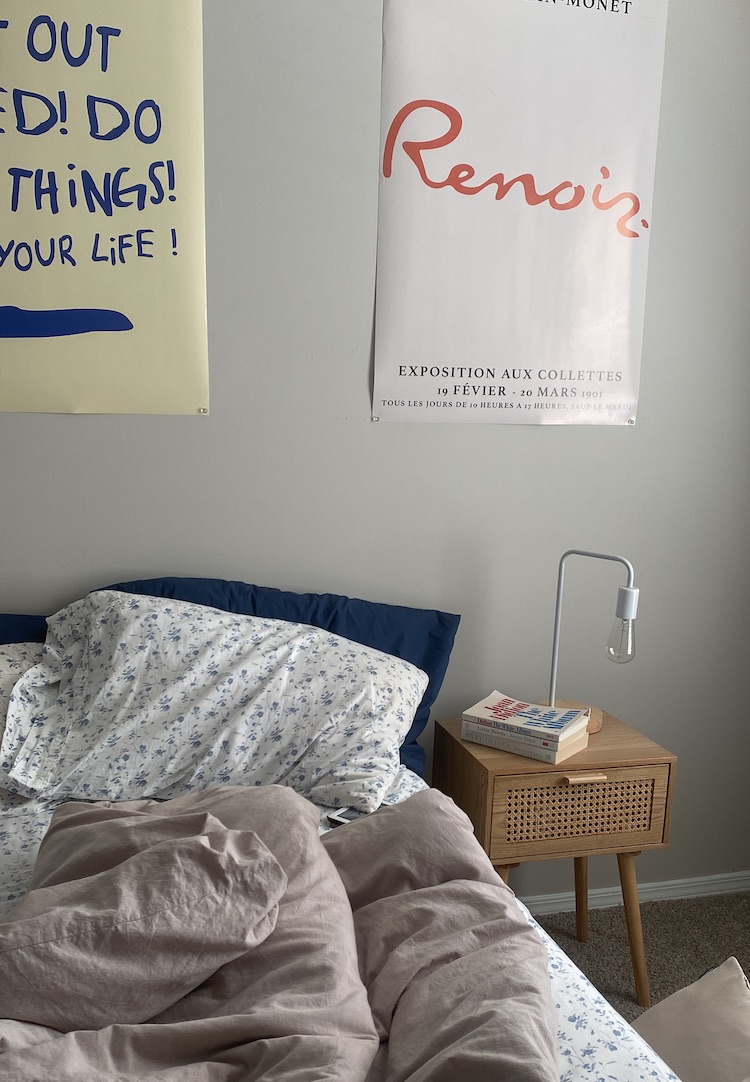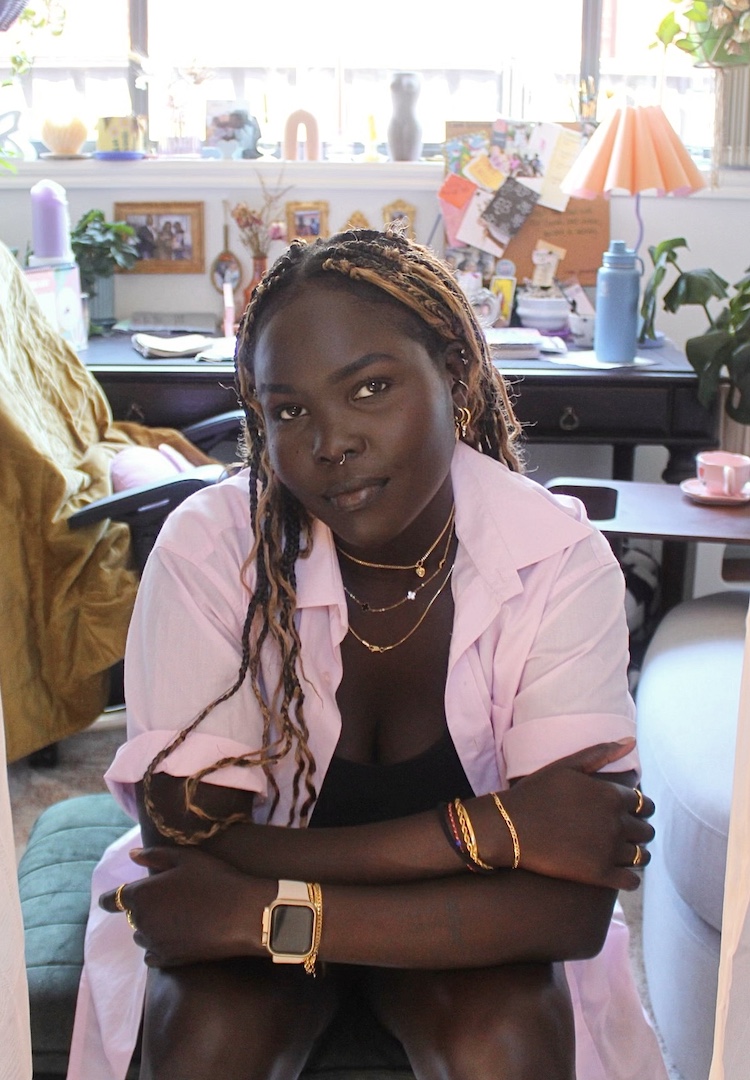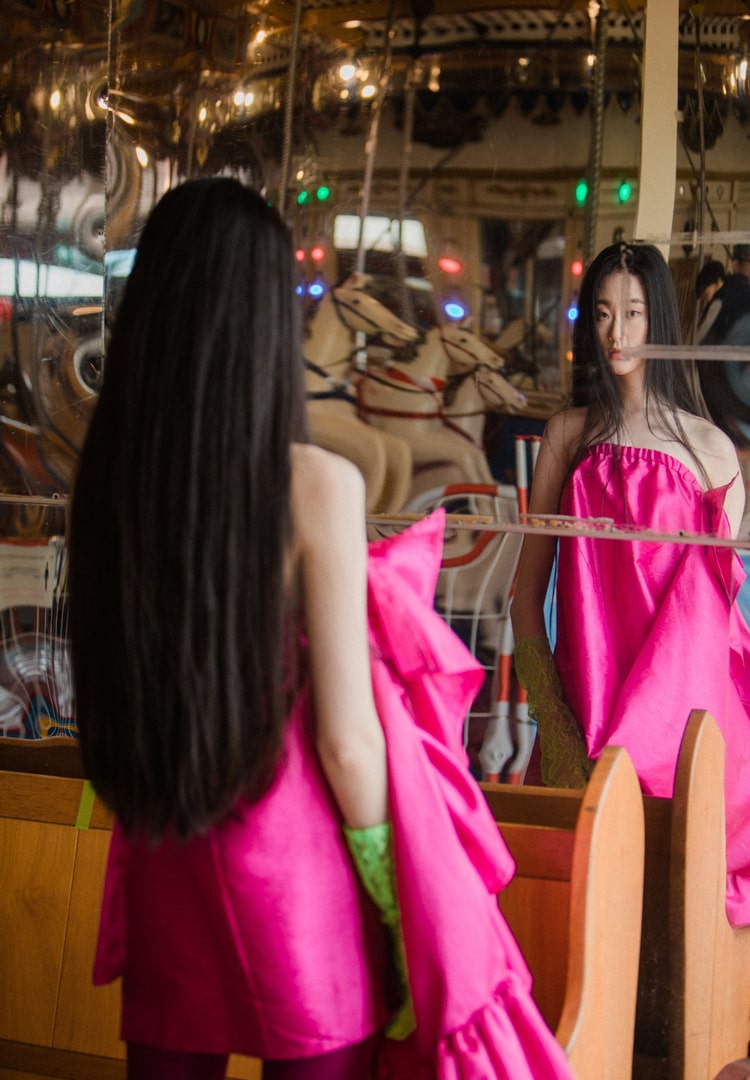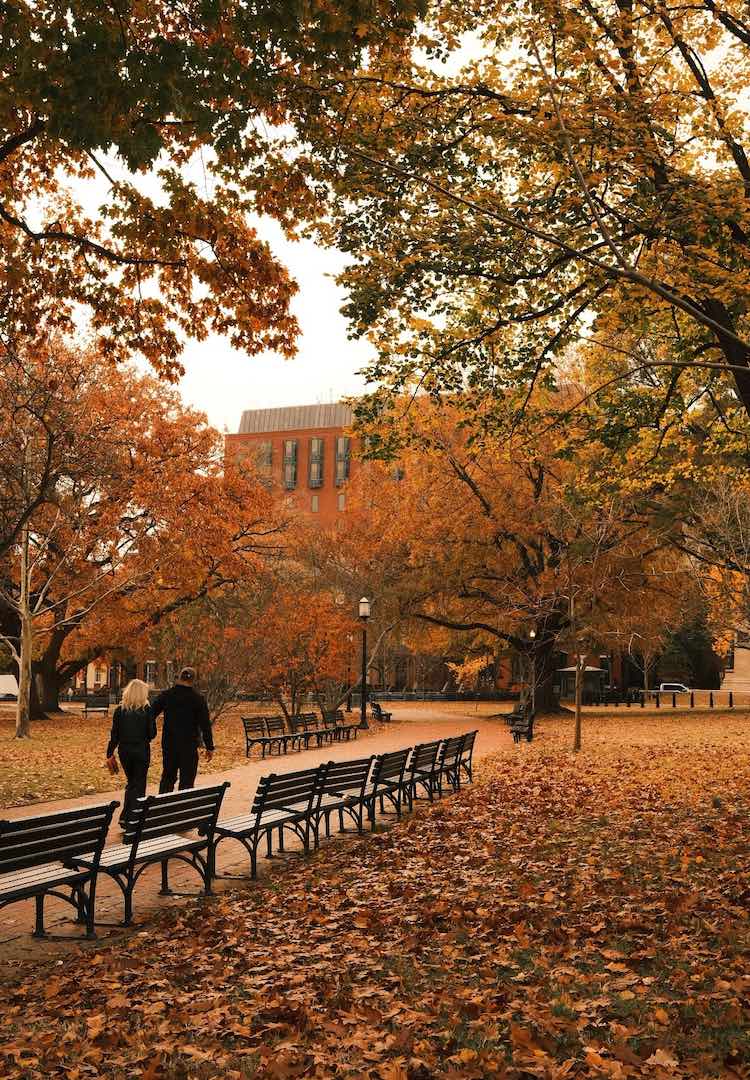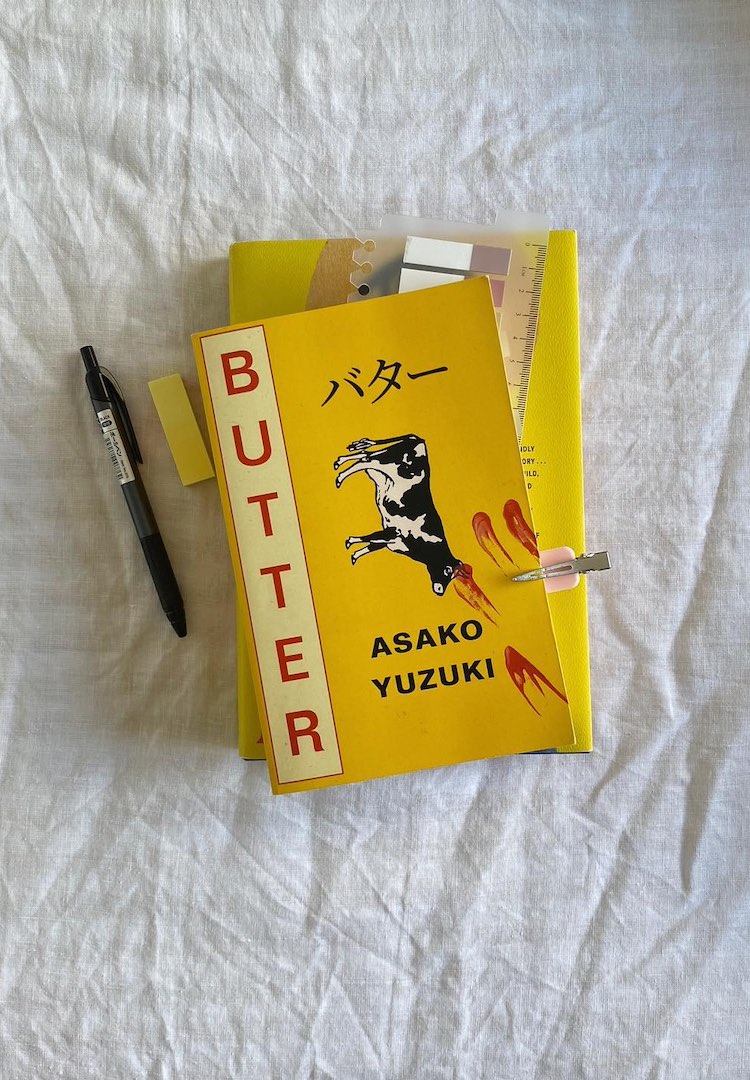South-Sudanese Australian writer Kgshak Akec on the six books that impacted her the most
PHOTOGRAPHY BY ASHOT VALENTINO
WORDS BY IZZY WIGHT
“This book reached such a deep part of my spirit and shook me to my core.”
Every avid reader has a book (or two, or three) that holds a special place on their shelf. Maybe it’s the first book that really hooked them on reading or a novel they read while at one of life’s pivotal crossroads. Born in South Sudan, writer and poet Kgshak Akec moved with her family to Egypt at age three, reaching Australian shores when she was six years old.
For more content like this, tap through to our Life section.
“I grew up in a culture of storytelling, raised by storytellers, song-singers, feet-stompers, and word-chanters, which compels my heart and soul to find stories in the unseen and overseen,” she explains. Now 27, she’s currently undertaking a Master’s Degree in Creative Writing at Deakin University – but Kgshak already has a published novel under her belt.
View this post on Instagram
Shortlisted for the 2023 Miles Franklin Literary Award, her book, Hopeless Kingdom, is inspired by her own journey of migrating to Australia. You can catch her in discussion at several upcoming Sorrento Writer’s Festival events, including ‘The Migration Story in Contemporary Fiction’ panel on April 25. Here, she shares the six books that have impacted her the most.
Boy Swallows Universe by Trent Dalton
This book reached such a deep part of my spirit and shook me to my core. It’s a coming-of-age story about a boy called Eli Bell who is trying to follow his heart while his world falls apart due to circumstances beyond his control in ’80s Brisbane. It beautifully captures fractured and unbreakable bonds forged between family – people we’re tied to by blood and by choice. I read [it] in late 2019.
It was given to me as a gift by an older friend who, at the time, must’ve seen how lost I was. I found the story so profoundly moving that I searched for ways to create a story that connected to those parts of me… It was the first time I felt like I was part of the story, standing by Eli as he danced between his past and present and fiercely placed stepping stones in the shape of the man he wanted to be. I haven’t read the book in its entirety since, and yet the story of Eli Bell makes its way into my thoughts every so often.
Get it here.
The Yellow House by Emily O’Grady
The story of The Yellow House again looks at the complexities of familial relationships – this time, through the lens of a ten-year-old girl called Cub; whose life seems predestined for shame and turmoil due to the sins of her grandfather. It’s tragic, uncomfortable and so very intimate that I came out the other side [feeling like] a different person, one with a renewed sense of love for her own family.
Emily O’Grady writes so beautifully and simply in this book. It’s stripped down in a way that feels like an acoustic version of your favourite song. For me, this book was also somewhat of a nostalgic read. Amid Cub’s family’s demise, it so wonderfully captures the awkward years of girlhood when your body starts to change and the people around you seem to change because of it.
Get it here.
The Children of Blood and Bone by Tomi Adeyemi
I first read this book in my last year of uni, when I was deep in sci-fi and fantasy novels. It was the first time in my entire life that I experienced an African female lead in a fantasy novel who was not only the rebel, but the hero of the story, too.
The way Tomi Adeyemi wove parts of African mythology and the Yoruba language in this book was absolutely exquisite. It meant I understood cultural references about my own African roots [and] it meant recognition and representation in the form of badass young African characters… It was an epic read, I could not put it down and I was totally bummed when I had to.
Get it here.
The Dictionary of Lost Words by Pip Williams
At the heart of this historical fiction, set when the women’s suffrage movement was at its height and the Great War loomed, is Esme. [She’s] a little girl with a scar on her hand when the book opens. She spends her childhood in the scriptorium, a garden shed in Oxford where her father and a team of lexicographers are collecting words for the very first Oxford English Dictionary. In this novel, Pip Williams so effortlessly blurs the lines between fact and fiction.
A key delight for me was the relationship that Esme had with her friend Lizzie (who later became a maternal figure) and her father, Harry. The relationship they share soothes the sometimes infuriating encounters Esme has with her male counterparts. From start to finish, this book is lyrical and evocative…
The book is a profound tapestry following Esme from childhood to womanhood until her late years, highlighting the unique and beautiful relationships we all have with words – spoken, written [and] thought.
Get it here.
Forty Nights by Pirooz Jafari
This one is special because it was written by a friend. Forty Nights by Pirooz Jafari…follows a man named Tishtar who runs a small legal practice in Melbourne where he meets his new client, Habiba, who seeks to bring her orphan nieces to Australia from war-torn Somalia. The novel is as heartbreakingly beautiful as you can imagine when looking at the devastating impacts of war and migration but every time I read it, I come away feeling uplifted.
I credit this to the beautiful way this book has been written – confronting, but in a way that makes you feel less alone. Through its characters, the story highlights how complex the human condition is, and how hardship doesn’t discriminate. As a migrant myself, there were so many pockets of joy that I found in this novel that spoke to so many specific experiences that were once not named.
Get it here.
Hopeless Kingdom by Kgshak Akec
Okay, hear me out… I know how it looks to list my own book here, but writing and publishing Hopeless Kingdom has been my most life-changing experience. Hopeless Kingdom, though a work of fiction, is heavily inspired by my journey of migrating from Sudan to Egypt [and] Egypt to Australia. It’s told through the perspectives of a mother and a daughter as they both navigate finding themselves and each other through a multitude of tragedies and triumphs.
I took a massive deep dive into my memories when writing Hopeless Kingdom and constructing the characters. I was faced with some of my own truths and traumas. It exposed the roots of who I am; why I don’t like the smell of certain things and why my middle finger on my left hand is crooked. It helped me see my mother as an equal… [it helped] heal our bloodline and break generational curses.
Get it here.
To catch Kgshak at the Sorrento Writers Festival, book here.

